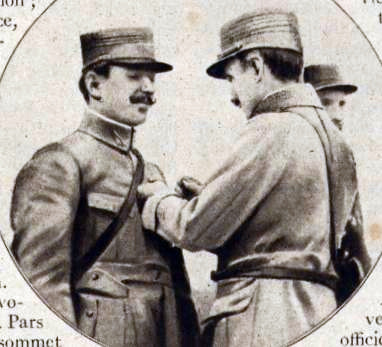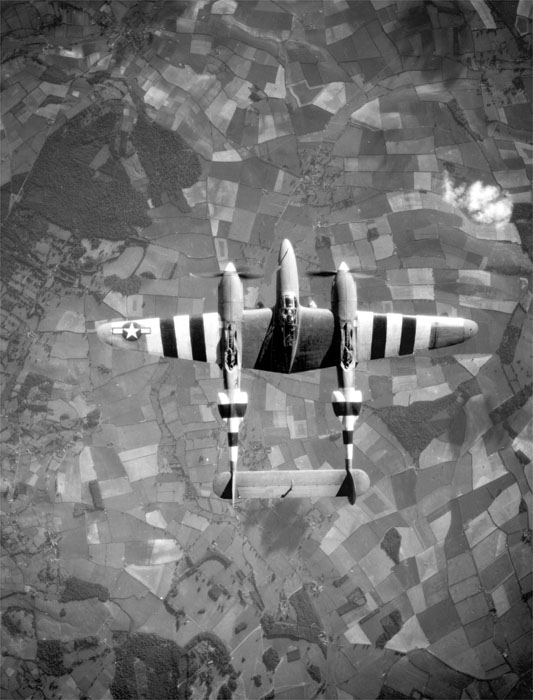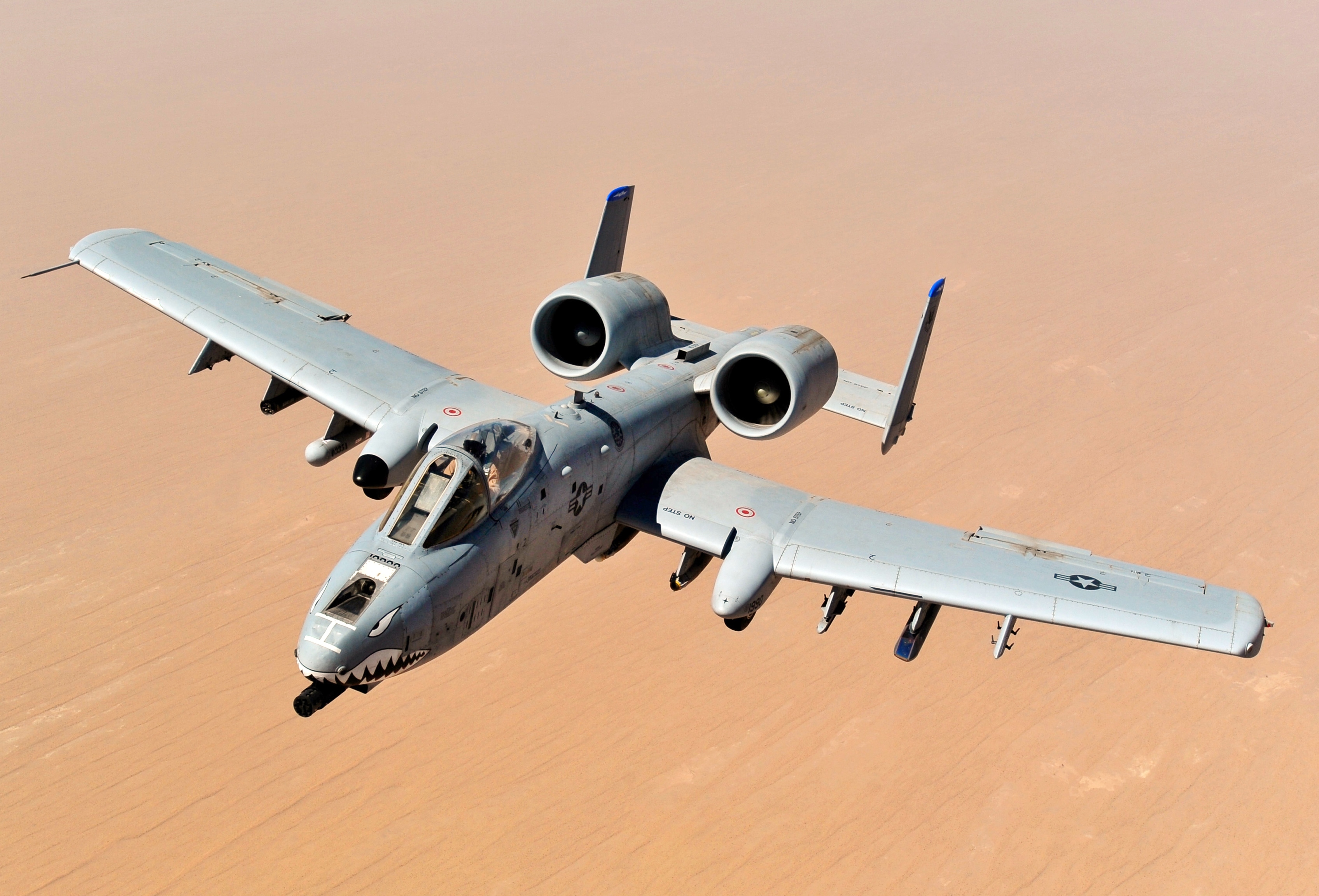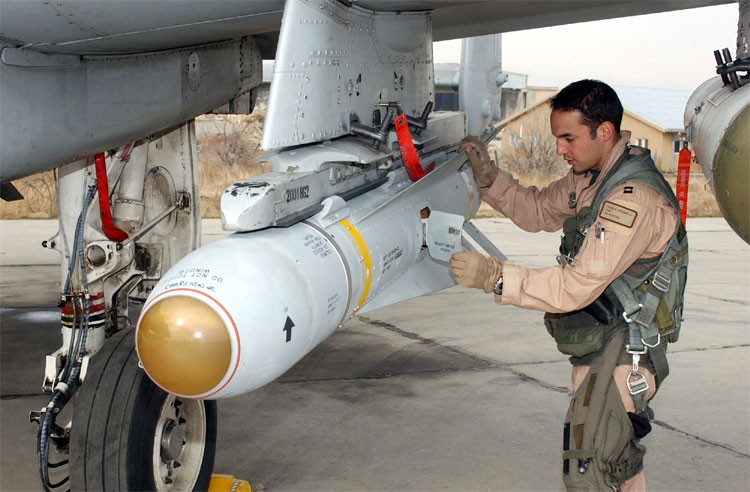|
McDonnell Douglas F-4 Phantom II
The McDonnell Douglas F-4 Phantom II is an American tandem two-seat, twin-engine, all-weather, long-range supersonic jet interceptor and fighter-bomber originally developed by McDonnell Aircraft for the United States Navy.Swanborough and Bowers 1976, p. 301. Proving highly adaptable, it entered service with the Navy in 1961 before it was adopted by the United States Marine Corps and the United States Air Force, and by the mid-1960s it had become a major part of their air arms. Phantom production ran from 1958 to 1981 with a total of 5,195 aircraft built, making it the most produced American supersonic military aircraft in history, and cementing its position as an iconic combat aircraft of the Cold War."F-4 Phantoms Phabulous 40th" Boeing. Retrieved : 27 November 2012. [...More Info...] [...Related Items...] OR: [Wikipedia] [Google] [Baidu] |
82nd Aerial Targets Squadron
The 82nd Aerial Targets Squadron is a United States Air Force unit. It is assigned to the 53rd Weapons Evaluation Group and stationed at Tyndall Air Force Base, Florida. The squadron was first activated as the 82nd Pursuit Squadron in 1942. Flying Lockheed P-38 Lightnings, the squadron saw combat as the 82nd Fighter Squadron during World War II in the European Theater of Operations, earning a pair of Distinguished Unit Citations for its actions in combat. Inactivated after the war, the squadron was activated for the air defense, first in the United States, then on Okinawa. It was inactivated in 1972, but activated again the following year as the 82nd Flying Training Squadron and trained pilots for the Air Force for the next four years. It was activated in its most recent role in 1981. Overview The 82nd Aerial Targets Squadron was the last USAF unit which flew the McDonnell F-4 Phantom II, flying the QF-4E,-G, and QRF-4C versions in the role of an aerial target. The 82 ATRS ... [...More Info...] [...Related Items...] OR: [Wikipedia] [Google] [Baidu] |
List Of Most Produced Aircraft
This is a list of the most-produced aircraft types whose numbers exceed or exceeded 5,000. Any and all types of aircraft qualify, including airplanes, airships, balloons, gliders (sailplanes), helicopters, etc. Most-produced aircraft Notes *Each aircraft listed is a piston-engined monoplane A monoplane is a fixed-wing aircraft configuration with a single mainplane, in contrast to a biplane or other types of multiplanes, which have multiple planes. A monoplane has inherently the highest efficiency and lowest drag of any wing confi ... unless otherwise described. *"C" indicates civilian use; "M" indicates military use. Only one is used, according to original designed purpose of the aircraft, or "best deduction". *Role is generally either the original designed role of the aircraft or a "best deduction" based on what role dominated production, disregarding minor variants. Aircraft may be categorized as "Multirole" if no particular role was dominant. *Nation column indicates o ... [...More Info...] [...Related Items...] OR: [Wikipedia] [Google] [Baidu] |
McDonnell Douglas F-15 Eagle
The McDonnell Douglas F-15 Eagle is an American twin-engine, all-weather tactical fighter aircraft designed by McDonnell Douglas (now part of Boeing). Following reviews of proposals, the United States Air Force selected McDonnell Douglas's design in 1969 to meet the service's need for a dedicated air superiority fighter. The Eagle first flew in July 1972, and entered service in 1976. It is among the most successful modern fighters, with over 100 victories and no losses in aerial combat, with the majority of the kills by the Israeli Air Force.Spick 2000, p. 127. The Eagle has been exported to Israel, Japan, and Saudi Arabia. The F-15 was originally envisioned as a pure air-superiority aircraft. Its design included a secondary ground-attack capability that was largely unused. The aircraft design proved flexible enough that an improved all-weather strike derivative, the F-15E Strike Eagle, was later developed, entered service in 1989 and has been exported to several nations. S ... [...More Info...] [...Related Items...] OR: [Wikipedia] [Google] [Baidu] |
Flying Ace
A flying ace, fighter ace or air ace is a military aviator credited with shooting down five or more enemy aircraft during aerial combat. The exact number of aerial victories required to officially qualify as an ace is varied, but is usually considered to be five or more. The concept of the "ace" emerged in 1915 during World War I, at the same time as aerial dogfighting. It was a propaganda term intended to provide the home front with a cult of the hero in what was otherwise a war of attrition. The individual actions of aces were widely reported and the image was disseminated of the ace as a chivalrous knight reminiscent of a bygone era. For a brief early period when air-to-air combat was just being invented, the exceptionally skilled pilot could shape the battle in the skies. For most of the war, however, the image of the ace had little to do with the reality of air warfare, in which fighters fought in formation and air superiority depended heavily on the relative availability ... [...More Info...] [...Related Items...] OR: [Wikipedia] [Google] [Baidu] |
Radar Intercept Officer
A naval flight officer (NFO) is a commissioned officer in the United States Navy or United States Marine Corps who specializes in airborne weapons and sensor systems. NFOs are not pilots (naval aviators), but they may perform many "co-pilot" or "mission specialist" functions, depending on the type of aircraft. Until 1966, their duties were performed by both commissioned officer and senior enlisted naval aviation observers (NAO). In 1966, enlisted personnel were removed from naval aviation observer duties but continued to serve in enlisted aircrew roles, while NAO officers received the newly established NFO designation, and the NFO insignia was introduced. NFOs in the US Navy begin their careers as unrestricted line officers (URL), eligible for command at sea and ashore in the various naval aviation aircraft type/model/series (T/M/S) communities and, at a senior level, in command of carrier air wings and aircraft carriers afloat and functional air wings, naval air stations and ot ... [...More Info...] [...Related Items...] OR: [Wikipedia] [Google] [Baidu] |
Aerial Reconnaissance
Aerial reconnaissance is reconnaissance for a military or strategic purpose that is conducted using reconnaissance aircraft. The role of reconnaissance can fulfil a variety of requirements including artillery spotting, the collection of imagery intelligence, and the observation of enemy maneuvers. History Early developments After the French Revolution, the new rulers became interested in using the balloon to observe enemy manoeuvres and appointed scientist Charles Coutelle to conduct studies using the balloon ''L'Entreprenant'', the first military reconnaissance aircraft. The balloon found its first use in the 1794 conflict with Austria, where in the Battle of Fleurus they gathered information. Moreover, the presence of the balloon had a demoralizing effect on the Austrian troops, which improved the likelihood of victory for the French troops. To operate such balloons, a new unit of the French military, the French Aerostatic Corps, was established; this organisatio ... [...More Info...] [...Related Items...] OR: [Wikipedia] [Google] [Baidu] |
Attack Aircraft
An attack aircraft, strike aircraft, or attack bomber is a tactical military aircraft that has a primary role of carrying out airstrikes with greater precision than bombers, and is prepared to encounter strong low-level air defenses while pressing the attack.Mortensen 1987, pp. 24–25. This class of aircraft is designed mostly for close air support and naval air-to-surface missions, overlapping the tactical bomber mission. Designs dedicated to non-naval roles are often known as ground-attack aircraft.Gunston 2009, p. 73. Fighter aircraft often carry out the attack role, although they would not be considered attack aircraft ''per se'', although fighter-bomber conversions of those same aircraft would be considered part of the class. Strike fighters, which have effectively replaced the fighter-bomber and light bomber concepts, also differ little from the broad concept of an attack aircraft. The dedicated attack aircraft as a separate class existed primarily during and after Wo ... [...More Info...] [...Related Items...] OR: [Wikipedia] [Google] [Baidu] |
Air Superiority Fighter
An air superiority fighter (or air-superiority fighter) is a fighter aircraft designed to seize control of enemy airspace by establishing tactical dominance ( air superiority) over the opposing air force. Air-superiority fighters are primarily tasked to perform aerial combat against agile, lightly armed aircraft (most often enemy fighters) and eliminate any challenge over control of the airspace, although some (e.g. strike fighters) may have a secondary role for air-to-surface attacks. Evolution of the term During World War II and through the Korean War, fighters were classified by their role: heavy fighter, interceptor, escort fighter, night fighter, and so forth. With the development of guided missiles in the 1950s, design diverged between fighters optimized to fight in the beyond visual range (BVR) regime (interceptors), and fighters optimized to fight in the within visual range (WVR) regime (air-superiority fighters). In the United States, the influential proponents of B ... [...More Info...] [...Related Items...] OR: [Wikipedia] [Google] [Baidu] |
Vietnam War
The Vietnam War (also known by #Names, other names) was a conflict in Vietnam, Laos, and Cambodia from 1 November 1955 to the fall of Saigon on 30 April 1975. It was the second of the Indochina Wars and was officially fought between North Vietnam and South Vietnam. The north was supported by the Soviet Union, China, and other communist states, while the south was United States in the Vietnam War, supported by the United States and other anti-communism, anti-communist Free World Military Forces, allies. The war is widely considered to be a Cold War-era proxy war. It lasted almost 20 years, with direct U.S. involvement ending in 1973. The conflict also spilled over into neighboring states, exacerbating the Laotian Civil War and the Cambodian Civil War, which ended with all three countries becoming communist states by 1975. After the French 1954 Geneva Conference, military withdrawal from Indochina in 1954 – following their defeat in the First Indochina War – the Viet Minh to ... [...More Info...] [...Related Items...] OR: [Wikipedia] [Google] [Baidu] |
M61 Vulcan
The M61 Vulcan is a hydraulically, electrically, or pneumatically driven, six-barrel, air-cooled, electrically fired Gatling-style rotary cannon which fires rounds at an extremely high rate (typically 6,000 rounds per minute). The M61 and its derivatives have been the principal cannon armament of United States military fixed-wing aircraft for over sixty years. The M61 was originally produced by General Electric. After several mergers and acquisitions, it is currently produced by General Dynamics. Development At the end of World War II, the United States Army Air Forces began to consider new directions for future military aircraft guns. The higher speeds of jet-powered fighter aircraft meant that achieving an effective number of hits would be extremely difficult without a much higher volume of fire. While captured German designs (principally the Mauser MG 213C) showed the potential of the single-barrel revolver cannon, the practical rate of fire of such a design was still lim ... [...More Info...] [...Related Items...] OR: [Wikipedia] [Google] [Baidu] |
Air-to-surface Missile
An air-to-surface missile (ASM) or air-to-ground missile (AGM) is a missile designed to be launched from military aircraft at targets on land or sea. There are also unpowered guided glide bombs not considered missiles. The two most common propulsion systems for air-to-surface missiles are rocket motors, usually with shorter range, and slower, longer-range jet engines. Some Soviet-designed air-to-surface missiles are powered by ramjets, giving them both long range and high speed. Guidance for air-to-surface missiles is typically via laser guidance, infrared guidance, optical guidance or via satellite guidance A guided bomb (also known as a smart bomb, guided bomb unit, or GBU) is a precision-guided munition designed to achieve a smaller circular error probable (CEP). The creation of precision-guided munitions resulted in the retroactive renaming of ... signals. The type of guidance depends on the type of target. Ships, for example, may be detected via passive radar or ... [...More Info...] [...Related Items...] OR: [Wikipedia] [Google] [Baidu] |
Air-to-air Missile
The newest and the oldest member of Rafael's Python family of AAM for comparisons, Python-5 (displayed lower-front) and Shafrir-1 (upper-back) An air-to-air missile (AAM) is a missile fired from an aircraft for the purpose of destroying another aircraft. AAMs are typically powered by one or more rocket motors, usually solid fueled but sometimes liquid fueled. Ramjet engines, as used on the Meteor, are emerging as propulsion that will enable future medium-range missiles to maintain higher average speed across their engagement envelope. Air-to-air missiles are broadly put in two groups. Those designed to engage opposing aircraft at ranges of less than 16 km are known as short-range or "within visual range" missiles (SRAAMs or WVRAAMs) and are sometimes called "dogfight" missiles because they are designed to optimize their agility rather than range. Most use infrared guidance and are called heat-seeking missiles. In contrast, medium- or long-range missiles (MRAAMs or L ... [...More Info...] [...Related Items...] OR: [Wikipedia] [Google] [Baidu] |






.jpg)



.jpg)